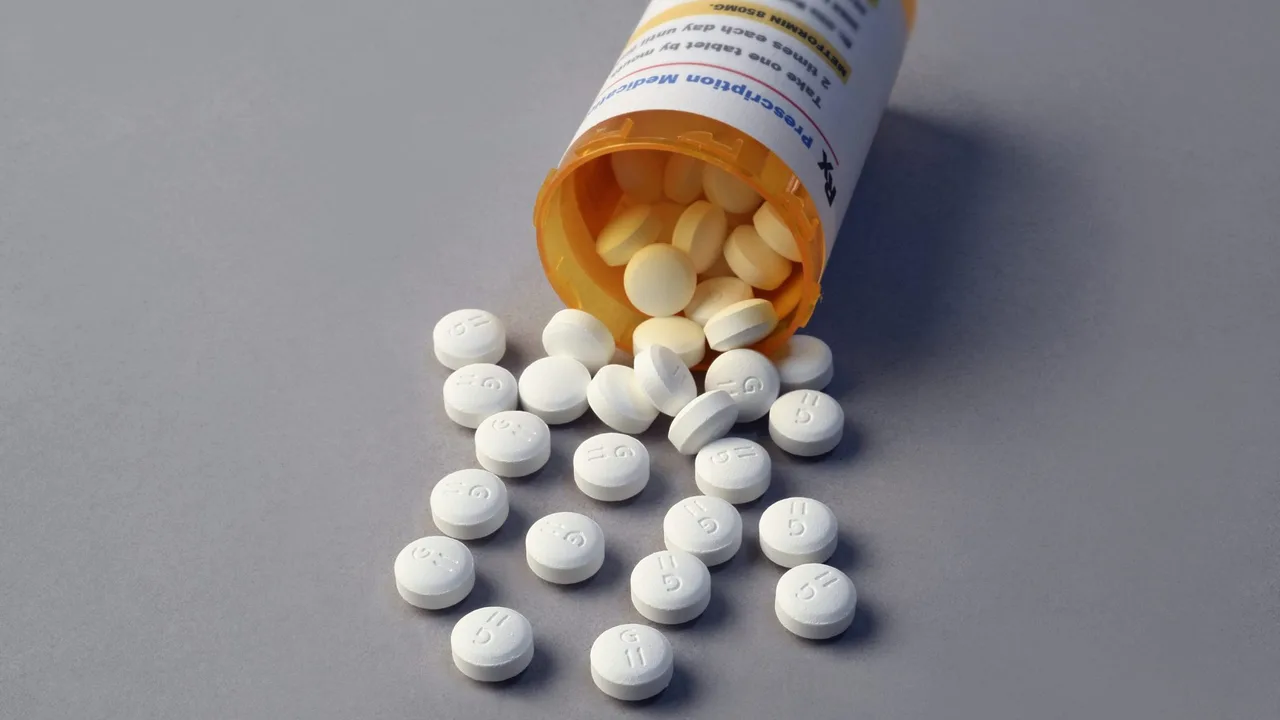Birth control pills are widely used but only 93% effective with typical use. Learn how they work, common side effects, dangerous drug interactions, and how they compare to IUDs and implants.
Side Effects: Quick Guide to Staying Safe on Your Meds
If you’ve ever taken a pill and felt weird afterwards, you’ve experienced a side effect. They’re the body’s way of saying a drug is doing more than just its main job. Some are harmless, like mild drowsiness, while others need fast action, like severe rash or trouble breathing.
Knowing what to expect helps you avoid panic and get help when it matters. Below we break down the most common side effects you’ll see across many prescriptions and give simple steps to handle them.
Common Side Effects Across Meds
Even though each drug is different, a few reactions show up again and again:
- Drowsiness or fatigue – often listed for antihistamines, anxiety meds, and some pain relievers.
- Nausea or upset stomach – common with antibiotics, diabetes drugs, and steroids.
- Headache – can appear with blood pressure pills, migraine preventives, and hormonal treatments.
- Dry mouth – many antidepressants and antipsychotics cause this.
- Skin reactions – rash, itching or redness may pop up with antibiotics, anti‑inflammatories, and even some vitamins.
If you read a product page on ScriptCo, you’ll see these side effects listed for drugs like Depakote (valproic acid) and Coumadin (warfarin). The key is to compare the label with what you feel.
How to Handle Side Effects Safely
First, don’t ignore a new symptom. Write down when it started, how long it lasts, and if anything makes it better or worse. This info helps your doctor decide whether to adjust the dose or switch meds.
Second, check the medication guide for simple fixes. For mild nausea, taking the drug with food often helps. If you’re sleepy, avoid driving or operating heavy equipment until you know how the medicine affects you.
Third, talk to a professional before stopping any prescription. Stopping suddenly can cause withdrawal or rebound effects, especially with drugs like Diazepam or Metformin alternatives.
If a side effect feels serious – fast heartbeat, swelling of the face or lips, severe breathing trouble – treat it as an emergency. Call 911 or go to the nearest ER right away.
Finally, use our tag page to explore real‑world experiences. Articles on Depakote detail its seizure and mood benefits but also warn about weight gain and tremor. The Coumadin guide explains INR monitoring and how diet can shift bleeding risk. Reading these posts gives you a clearer picture of what’s normal and when to act.
Bottom line: side effects are part of most drug therapies, but they don’t have to ruin your treatment. Stay aware, keep notes, ask questions, and use trusted resources like ScriptCo to make informed choices.
This article delves into the world of Metformin, a cornerstone in the management of type 2 diabetes. We explore its medical benefits and side effects, and provide insights into the most common dosages and recommendations. By the end of this piece, readers will be equipped with essential knowledge about Metformin, aiding them in making informed decisions regarding its use. The aim is to offer an objective, informative, and engaging long-read on the subject, useful for anyone interested in or currently using Metformin.
As a blogger, I recently researched the topic of Desonide and sun exposure. Desonide is a topical corticosteroid used to treat various skin conditions, and it's important to know how sun exposure affects its use. From my findings, it's recommended to avoid direct sunlight or artificial UV light while using Desonide, as it may cause skin sensitivity and irritation. Additionally, it's essential to wear protective clothing and sunscreen to minimize the risk of sunburn. So, if you're using Desonide, remember to stay sun-safe and follow your healthcare provider's advice!
As a blogger, I feel it's important to share information about the potential effects of medications on our bodies. Recently, I came across some concerning information about Ranitidine and its potential impact on kidney function. Ranitidine, commonly known as Zantac, is a widely used medication for treating stomach acid-related issues, but studies have shown that it may cause acute kidney injury in some cases. It's crucial for patients taking Ranitidine to closely monitor their kidney function and consult their healthcare provider if they experience any issues. I hope this information helps raise awareness and encourages individuals to take their health into their own hands.




